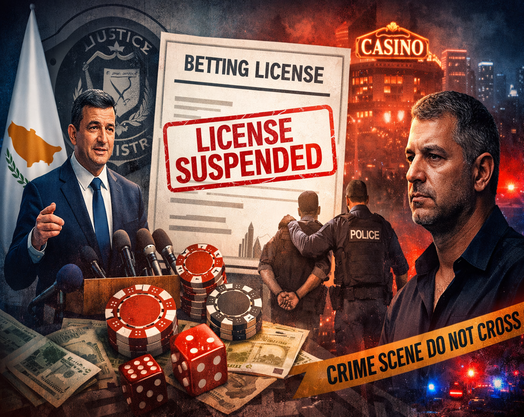- Casino News
- Industry News
Brazil’s Supreme Court Faces Decision on Online Gambling


Brazil's Supreme Court Faces Decision on Online Gambling
The National Confederation of Commerce (CNC) has challenged the legal framework, designed to bring order and oversight to online gambling activities. Despite the ongoing legal review, the Secretariat of Evaluation, Planning, Energy, and Lottery (SPA) has processed over 100 license applications from operators seeking to comply with the new system.
The CNC's objection centers on whether the framework aligns with Brazil's constitution. This challenge adds complexity to an already contentious issue. The Supreme Court recently held a two-day hearing during which regulators and stakeholders argued in favor of regulation.
Supporters of the framework argue that Brazil's delay in regulating gambling has led to unchecked growth in grey-market activities, with significant risks for consumers. Regis Dudena, head of the SPA, warned that rejecting the framework would likely push players into illegal markets. He noted that Such environments often foster fraudulent practices and lack consumer protections, contributing to financial harm.
“The demand for gambling exists. Without regulation, activity moves to unsafe environments,” Dudena stated. He argued that proper oversight would help mitigate risks like fraud and exploitation while addressing broader issues such as tax evasion and money laundering.
The outcome of the case extends beyond regulatory control. If the court upholds the law, Brazil's gambling sector could become a major market globally, attracting domestic and international operators. Proponents argue that taxation from a regulated industry would provide the government with consistent revenue streams to fund public initiatives.
Hazenclever Lopes Cançado, president of Loterj, the Rio de Janeiro state lottery, defended the framework as a necessary policy decision. He described it as aligning with Brazil's constitutional objectives, including economic development and poverty reduction.
Meanwhile, Lottopar, the Paraná state lottery, highlighted the law's advertising restrictions and consumer protection provisions. According to its technical director, Rafael Halila Neves, these rules promote responsible gambling practices by setting clear standards for transparency and limiting harmful promotional activities.
While the Supreme Court deliberates, disputes within the sector continue. Loterj has initiated a separate legal case challenging the SPA's authority to approve gambling operators, arguing it infringes on state-level rights to issue licenses. This reflects broader tensions between federal and state interests in Brazil's regulatory structure.
The SPA's October 1 deadline for license applications allowed only approved applicants to operate temporarily through the end of 2024. However, uncertainty surrounding the Supreme Court's decision may hinder these preparations, leaving operators and stakeholders needing clarity.
The Supreme Court's ruling will set a precedent for how Brazil approaches gambling regulation. If the framework moves forward, it could establish the country as a regulated gambling hub, providing stability and clarity for businesses and players. Conversely, rejecting the law risks perpetuating an unregulated market, with implications for state oversight, public revenue, and consumer safety.
Top Online Casinos On Our Land
10 Renowned Online Casinos On CasinoLandia That Will Cater For Your Casino Needs
No results were found!








